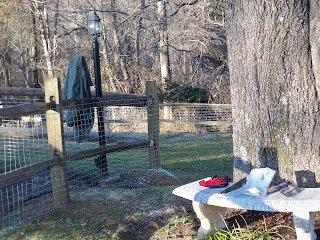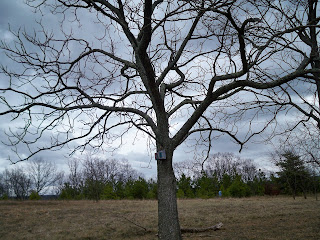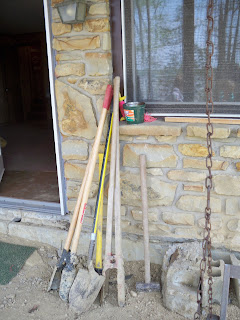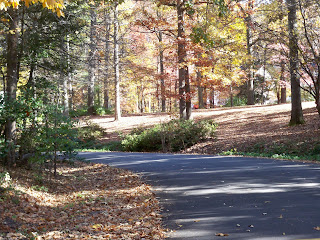Good Fences
The fence was built but it needed reinforcing, so on Saturday I helped my brother hammer chicken wire into split rails. A small task, and gladly done. Now his dogs will be free to romp and play in their new home. The fence will give them freedom.
“Good fences make good neighbors,” Frost wrote. But these words are spoken by the neighbor; they appear in quotation marks. The poem begins:
Something there is that doesn’t love a wall,
That sends the frozen-ground-swell under it,
And spills the upper boulders in the sun …
And, later:
Spring is the mischief in me, and I wonder
If I could put a notion in his head:
‘Why do they make good neighbors?’ Isn’t it
Where there are cows?
But here there are no cows.
Before I built a wall I’d ask to know
What I was walling in or walling out,
And to whom I was like to give offense.
Something there is that doesn’t love a wall…
Something there is, true. But that doesn’t stop us from building them.




